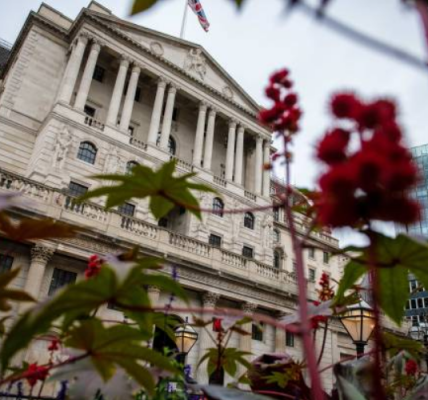In the face of an escalating environmental crisis, the instinctive response of many policymakers has been to double down on regulation. From carbon taxes to pesticide bans, governments worldwide are expanding their grip on business in the name of sustainability. But in doing so, they may be stifling the very force most capable of saving the planet: the free market.
Our best hope of reversing the damage caused by human activity is not to halt growth or aim for a “steady-state” economy, one in which growth becomes static. Quite the opposite. It is in aligning sustainability with economic incentives that we find our most realistic and scalable path forward. Innovation, not intervention, is what we should be betting on.
Innovation doesn’t stand alone. It grows from risk, the lifeblood of entrepreneurship. Entrepreneurs take risks in the hope of a return on investment, and it is precisely this dynamic that drives technological progress. But the more we tax, regulate, and burden this process, the more we reduce the incentives to innovate.
Take, for instance, the debate around pesticides. While blanket bans may sound appealing, they often ignore the nuanced trade-offs involved. Modern pesticides help produce higher yields and reduce food waste, which in turn feeds more people and lowers the environmental cost per unit of food produced. Of course, we should remain vigilant about which substances we allow (no one is advocating for environmental negligence) but the idea that all pesticide use is harmful is both unscientific and counterproductive. When businesses are forced into one-size-fits-all compliance regimes, the result is often stagnation rather than progress.
Rather than forcing firms to tick boxes under threat of sanction, we should allow them to compete for sustainability. Market-driven competition creates stronger incentives to innovate in environmentally responsible ways. Companies that can credibly demonstrate lower carbon footprints, ethical sourcing, or circular production models often gain a marketing and financial edge. Investors, too, are increasingly factoring environmental, social, and governance (ESG) criteria into their decisions.
This isn’t about idealism. It’s about giving companies the space to be better, not just the space to survive. Overregulation, particularly in rapidly changing industries, can kill promising startups before they ever have a chance to adapt. That’s not just bad for innovation; it’s bad for the economy.
In practice, many businesses today spend more time complying with environmental paperwork than developing actual solutions. This bureaucratic overhead drains resources from research and development, while simultaneously discouraging bold experimentation. Environmental progress doesn’t come from checking boxes, it comes from thinking outside of them.
Government regulations are slow to update and blunt in their application. What’s worse, they often assume a static understanding of risk, when in reality, technology evolves rapidly. By the time a new regulation is passed, it may already be outdated. Meanwhile, innovators are left navigating a web of rules that rewards conformity over creativity. One of the foundational principles of liberal economic theory is that supply responds to demand. When consumers demand greener products, the market responds. And today, that demand is real as sustainable products are no longer niche. They are mainstream and growing.
When consumers reward eco-friendly practices, firms are incentivised to improve voluntarily. That’s more powerful than a mandate. A company that fails to meet evolving consumer expectations will lose market share. That’s a natural, efficient, and adaptive mechanism, far more effective than top-down diktats that apply the same rules to every player, regardless of context or capacity.
Ultimately, the goal should be to make sustainability a competitive advantage, not a legal obligation. When being green helps a business thrive, profit and purpose are aligned. This is where the power of the market can do what governments alone cannot: scale solutions, fast.
Governments have a role to play, certainly: in supporting research, funding early-stage green technologies, and enforcing basic standards of safety. But they must learn to step back where the market can step forward. If we are serious about solving the environmental crisis, we need to stop seeing the free market as the problem and start recognising it as the solution.






